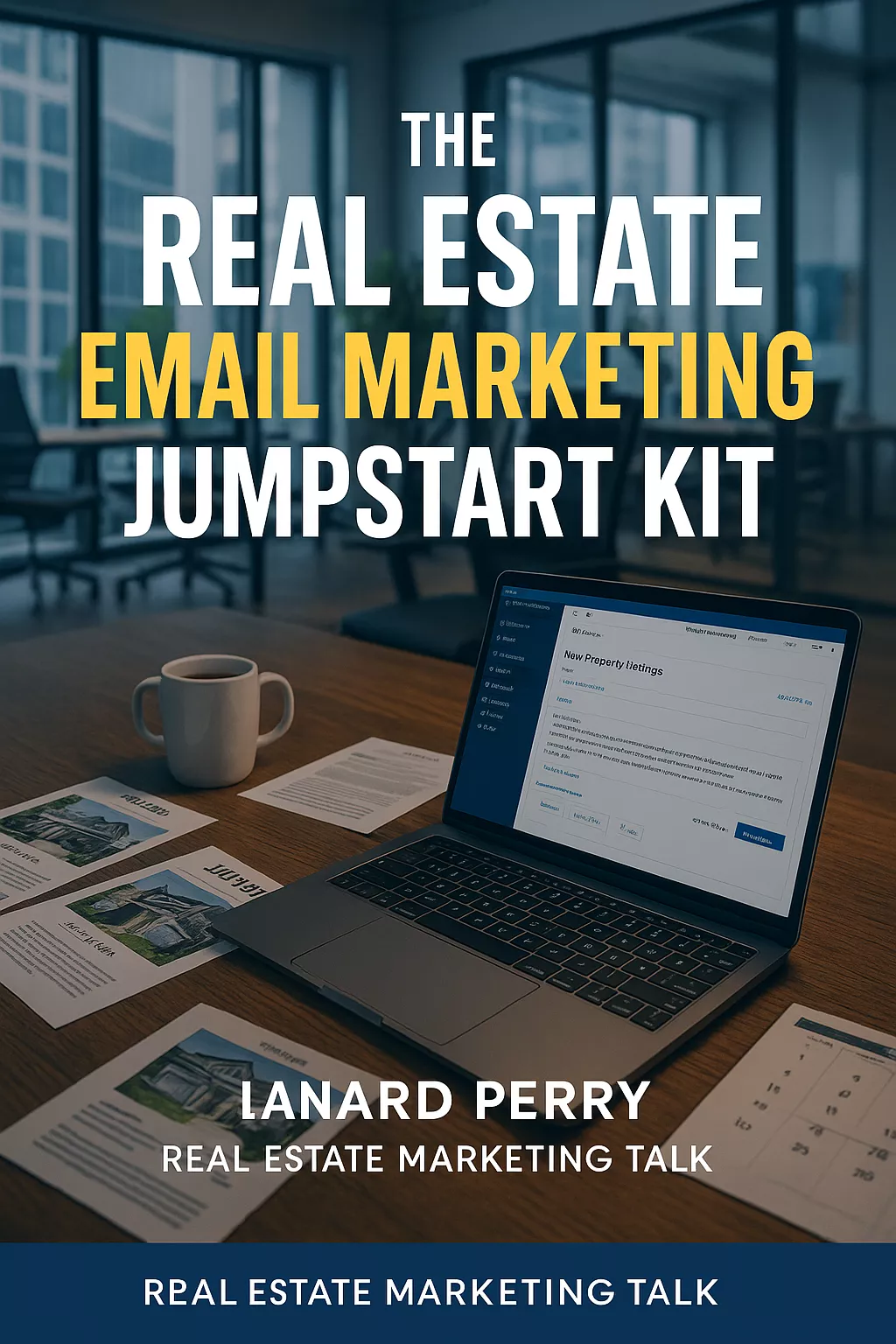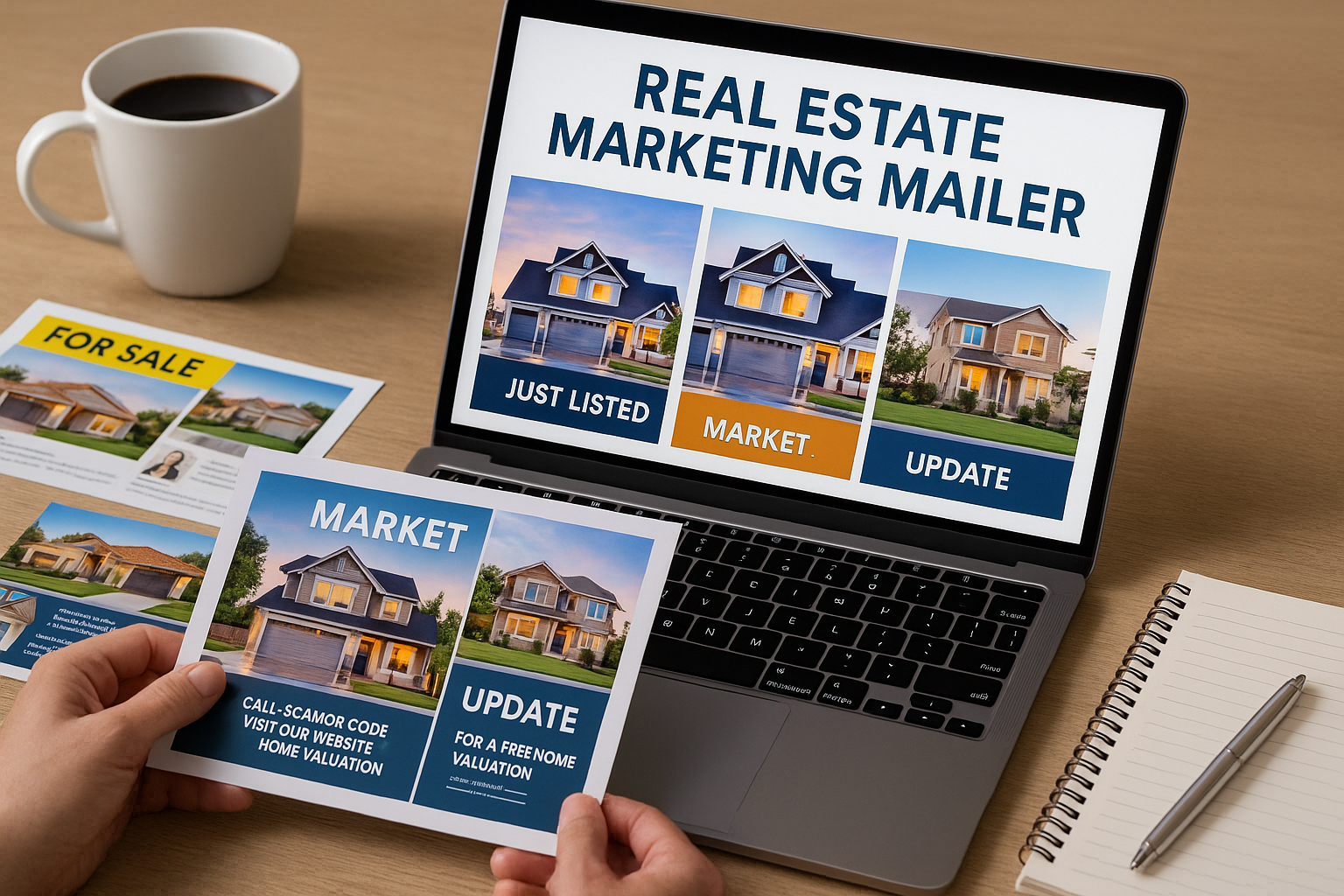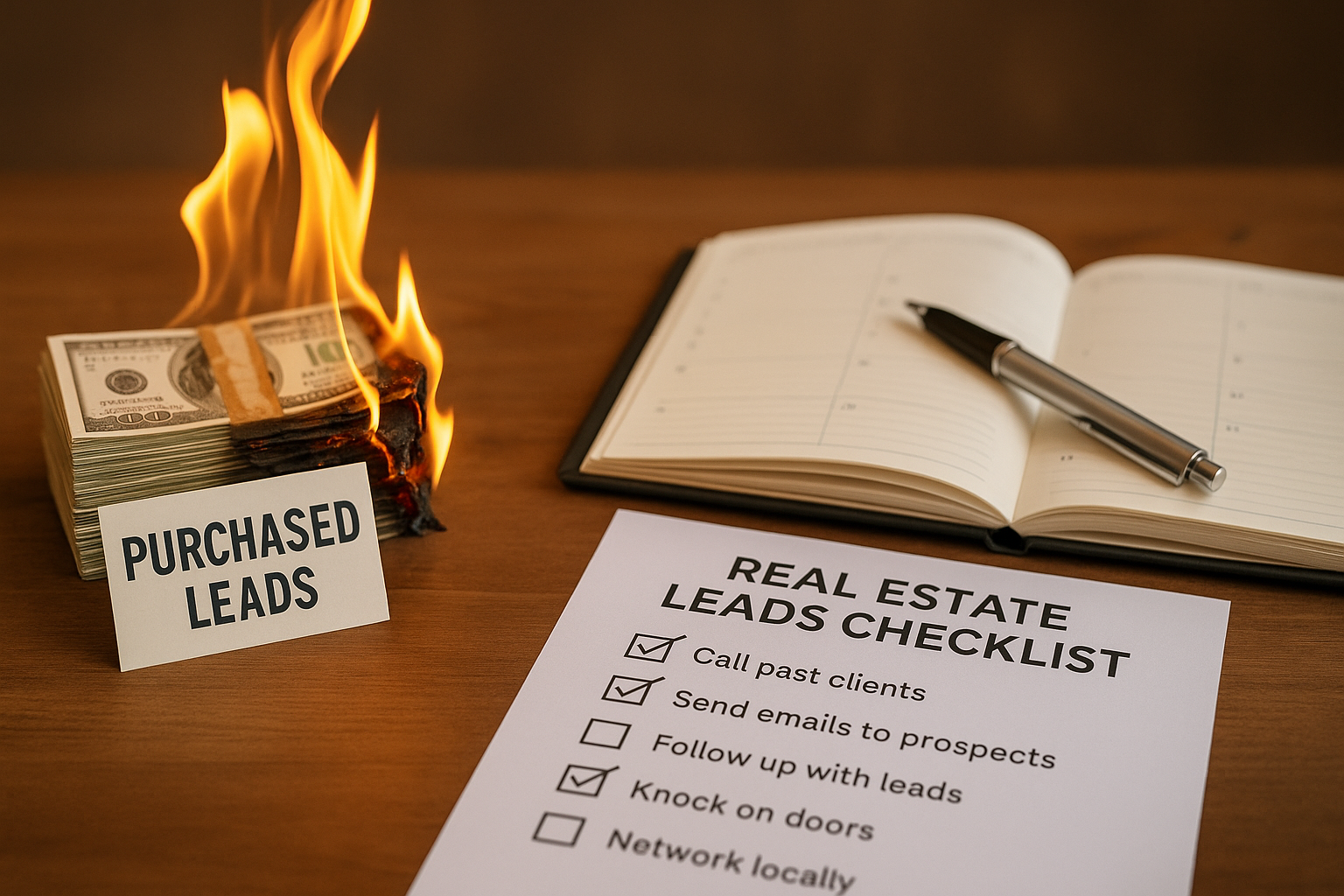Real Estate Internet Marketing Strategies For Agents
 Your Next Lead Is Already Online — Let’s Go Find Them.
Your Next Lead Is Already Online — Let’s Go Find Them.Real estate internet marketing strategies for agents are no longer optional—they’re your lifeline in today’s digital-first real estate world. Every buyer, seller, and investor starts their journey online. If you’re not showing up strategically and consistently, your competition is. Let’s change that.
Start with a Strong Digital Foundation
Your online presence is the hub of your business. Make sure your website loads quickly, looks professional on mobile, and features strong calls to action. Highlight listings, testimonials, and clear contact buttons. Keep your brand message consistent across your site, social pages, and email signature. That consistency builds trust before you ever meet a prospect.
Don’t forget your Google Business Profile. It’s free and powerful. Add new photos weekly, update your hours, and ask happy clients for reviews. This alone can lift your local visibility and generate inbound leads without a single ad dollar.
Leverage Content Marketing to Build Authority
Content is what keeps you top of mind. Blog about what buyers and sellers actually care about—market trends, financing tips, renovation ROI, or neighborhood insights. Each post strengthens your authority and improves SEO for long-tail phrases like real estate internet marketing or how to sell your home in [city].
Start small: publish one new article a week, repurpose it into a short video, and share highlights on social. You’ll get triple the reach with the same content. Consistency is more important than perfection.
Master Search Optimization (Without Tech Overload)
SEO for real estate agents is about relevance and clarity, not coding. Use natural phrases like “homes for sale in [neighborhood]” and “how to find a realtor in [city].” Add your target locations to titles, image file names, and meta tags. Over time, search engines recognize your site as a trusted resource for local property info.
Create pages for your specialties—buyers, sellers, investors—and cross-link them. The more organized your content, the easier it is for both Google and prospects to find you.
Build Relationships on Social Media
Social media should feel personal, not pushy. Share quick stories, behind-the-scenes looks, and mini-market updates. Post fewer listings and more lifestyle content that connects with your audience’s goals. People follow agents they like, not ads.
Choose one main platform (Facebook, Instagram, or LinkedIn) and one secondary (YouTube or TikTok). Post several times a week, respond fast, and mix photos, short videos, and text. Authenticity beats perfection every time.
Automate Your Lead Follow-Up
Leads don’t convert if they go cold. Use automation to stay in touch instantly. Email marketing platforms make it easy to send a fast “thank-you” plus a helpful resource when someone opts in or inquires. For example: “Thanks for reaching out—here’s my free Home-Selling Checklist for [City]. Let’s chat about your goals.”
Set up a short follow-up series—three to five helpful emails that educate, not pressure. Automation gives you 24/7 leverage and keeps your name in your prospects’ inboxes until they’re ready to move forward.
Use Paid Ads to Accelerate Results
Organic growth is steady; paid ads are fuel. Start with Facebook Lead Ads or Google Local Service Ads. Target local zip codes and create offers that stop the scroll: free valuations, market reports, or guides. Always drive traffic to a landing page, not your home page, with one clear CTA and a short form.
Keep your copy conversational and your images people-focused. Test, measure, adjust. Small, smart budgets often outperform big, wasteful ones.
Track, Adjust, and Scale
What gets measured gets improved. Use Google Analytics to see where traffic comes from, your email reports to see which subject lines work, and ad dashboards to check cost-per-lead. When something performs well, double down. When it doesn’t, revise and relaunch. The best real estate internet marketing strategies for agents evolve with data, not guesses.
Bottom line: Winning online doesn’t require flashy tricks. It takes clarity, consistency, and connection. Build your foundation, share real value, automate your follow-up, and you’ll see momentum compound month after month.

Ready to Turn Online Leads Into Closings?
Get the Real Estate Email Marketing Jump Start Kit—quick follow-up templates, timing guides, and subject lines that convert.
- Buyer & seller follow-up templates
- Simple timing schedules
- High-open subject lines
Home > Real Estate Marketing Tips >> Real Estate Internet Marketing










